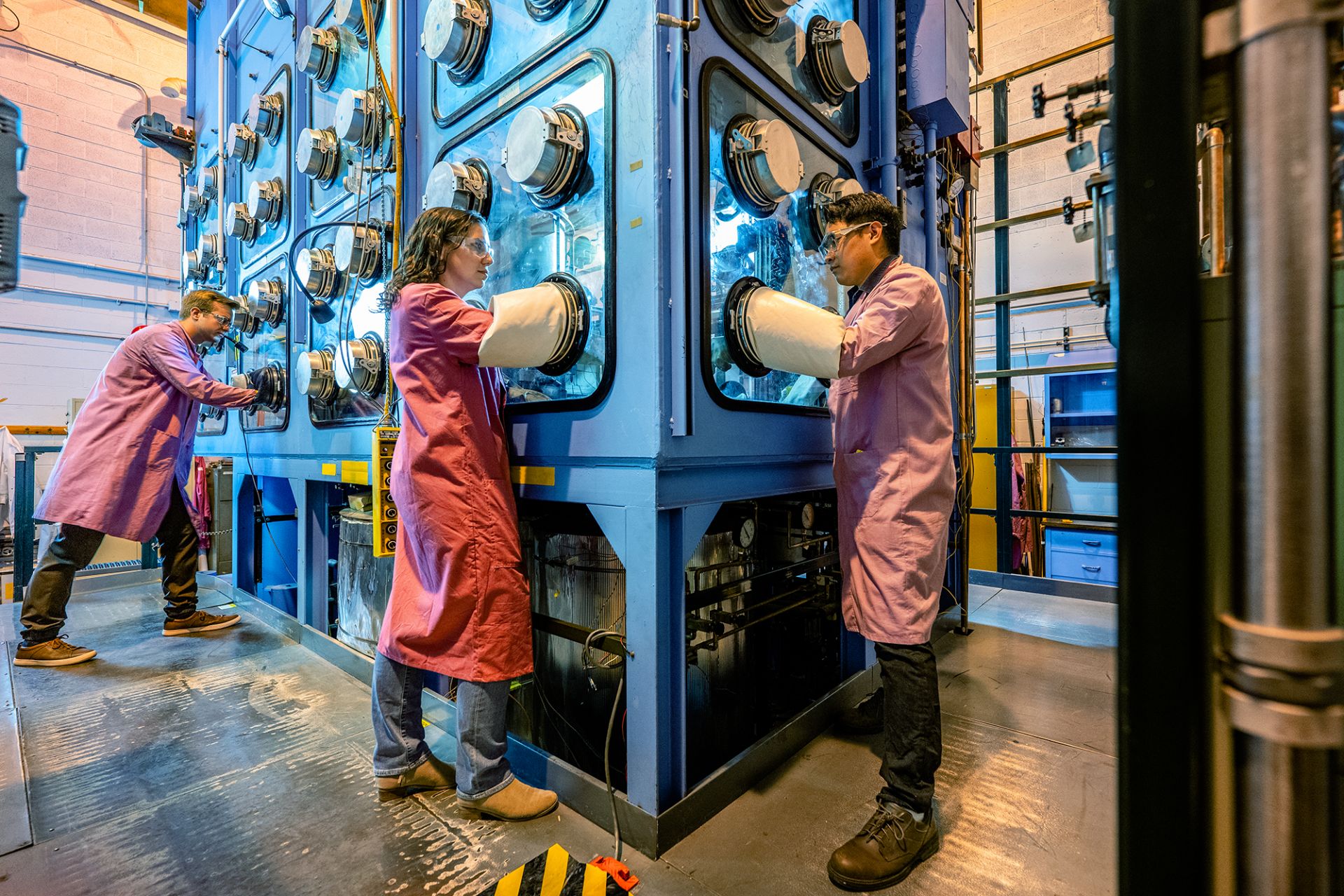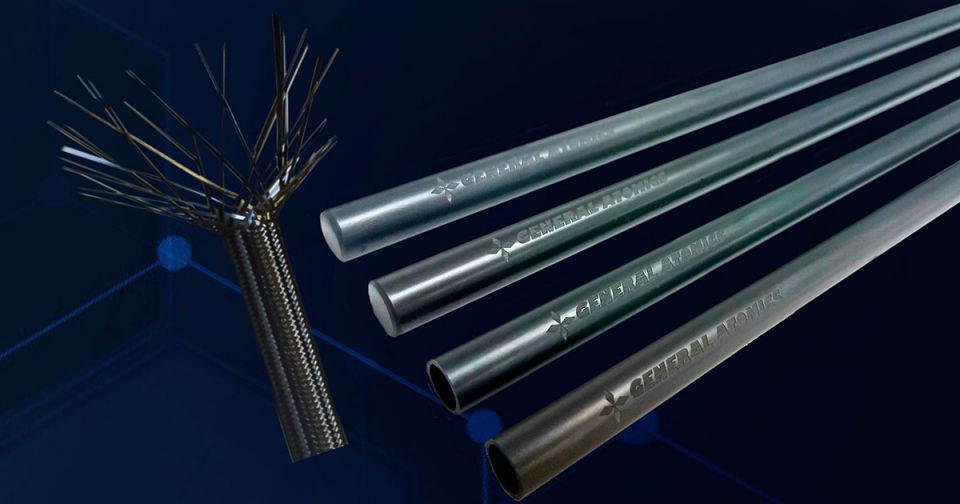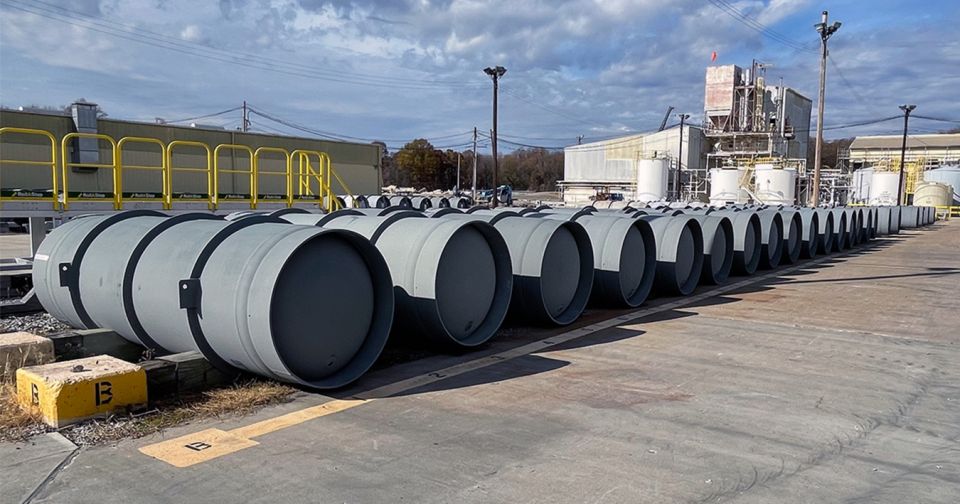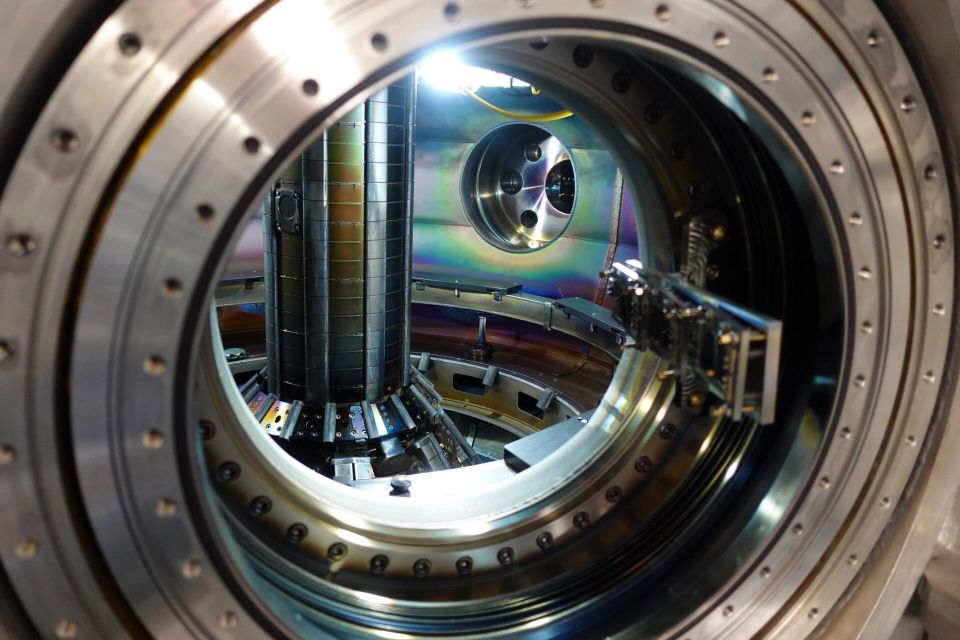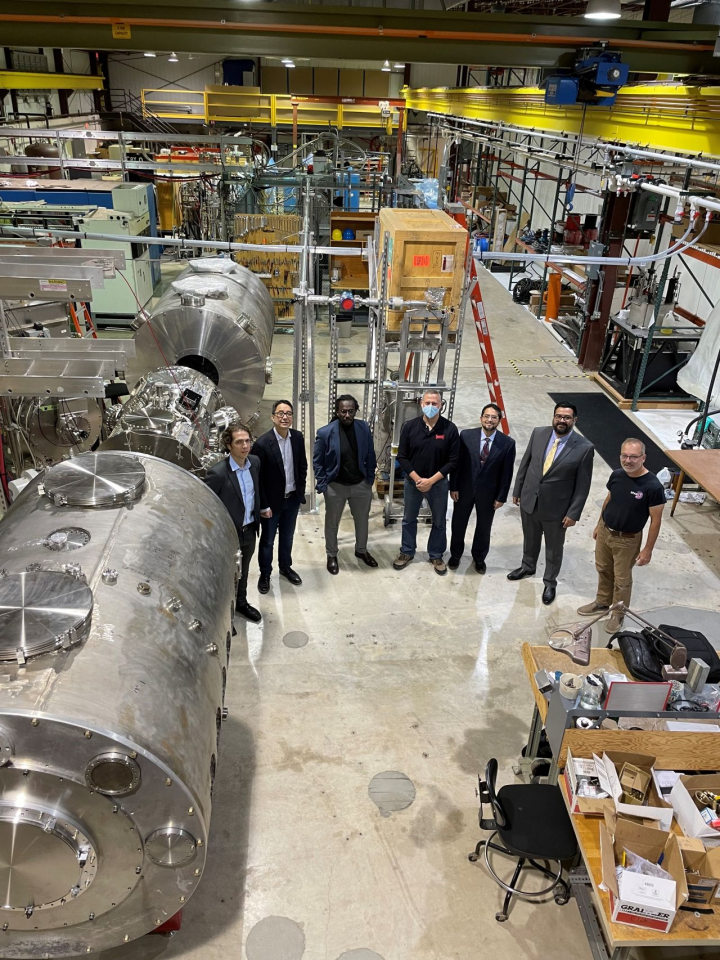ARPA-E support: Oklo was awarded cost-share funding from the Department of Energy’s Advanced Research Projects Agency-Energy (ARPA-E) under the Optimizing Nuclear Waste and Advanced Reactor Disposal Systems (ONWARDS) program in March 2022 for Enabling the Near-Term Commercialization of an Electrorefining Facility to Close the Metal Fuel Cycle. Work began in July 2022 and is scheduled to continue until October 2025.
“We know that recycling is an important path to reduce high-level waste and advance nuclear energy with safe and sustainable domestic fuel stocks,” said ARPA-E director Evelyn N. Wang. “Through ARPA-E’s ONWARDS program, Oklo is working to achieve these goals. This milestone marks an important step forward in the team’s progress as they work towards economically viable nuclear fuel recycling.”
The technology: According to ARPA-E, Oklo’s planned commercial facility would “produce fuel for Oklo’s metal-fueled fast reactors, closing the advanced reactor fuel cycle and changing the economic paradigm for advanced fission with a commercial-scale fuel recycling facility.”
Oklo’s ARPA-E project was designed to optimize four key functions of fuel production in an electrorefining facility: (1) electrorefining to recover uranium and U/transuranic alloys, (2) salt/metal product separation, (3) lanthanide waste drawdown, and (4) active metal waste removal by fractional crystallization. Electrorefining is a key process in a suite of nuclear fuel cycle research and development activities that goes by different names, including pyroprocessing and recycling.
The benefits: Oklo says its recycling technology can extract over 90 percent of the remaining potential energy from used fuel while incorporating proliferation-resistant features, including maintaining the consolidation of transuranic materials.
The company expects commercial fuel recycling to help the company save up to 80 percent on fuel costs for Oklo’s sodium fast reactors and reduce the volume of high-level waste requiring permanent disposal.
“We recognize the inherent opportunity to enhance our mission through fuel recycling, converting used fuel into clean energy,” said Jacob DeWitte, cofounder and chief executive officer of Oklo. “Oklo’s use of fast fission technology positions us well to realize these fuel recycling benefits. The success of this project brings us closer to bringing a commercial-scale domestic fuel recycling facility on line, crucial for strengthening our business model and advancing economic viability.”
Power moves: Oklo received a site use permit from the Department of Energy to demonstrate its reactor technology at INL and was awarded high-assay low-enriched uranium fuel material, also from INL. According to Oklo, the company “is actively engaged with the [Nuclear Regulatory Commission] as it prepares to submit an application within 12 months.” Oklo previously submitted an application in March 2020 that was denied without prejudice in January 2022.
Two senators oppose reprocessing: U.S. senators Jeff Merkley (D., Ore.) and Edward J. Markey (D., Mass.) of the Congressional Nuclear Weapons and Arms Control Working Group sent a letter to energy secretary Jennifer Granholm and NRC chair Christopher Hanson on July 17 expressing "deep alarm about public reports that the Department of Energy is considering funding proposals to support building commercial nuclear fuel reprocessing plants in the United States.”
“The U.S. government must take concrete steps to prevent the construction of reprocessing plants that have been proposed or any similar facility,” the senators wrote, claiming that “the reprocessing of plutonium that would be undertaken at these plants would create security and proliferation risks that far outweigh any ostensible energy benefits. . . . Furthermore, such projects would be vulnerable to attacks by nefarious actors who seek to exploit the infrastructure and nuclear fuel at these plants to threaten U.S. nationals and interests.”
